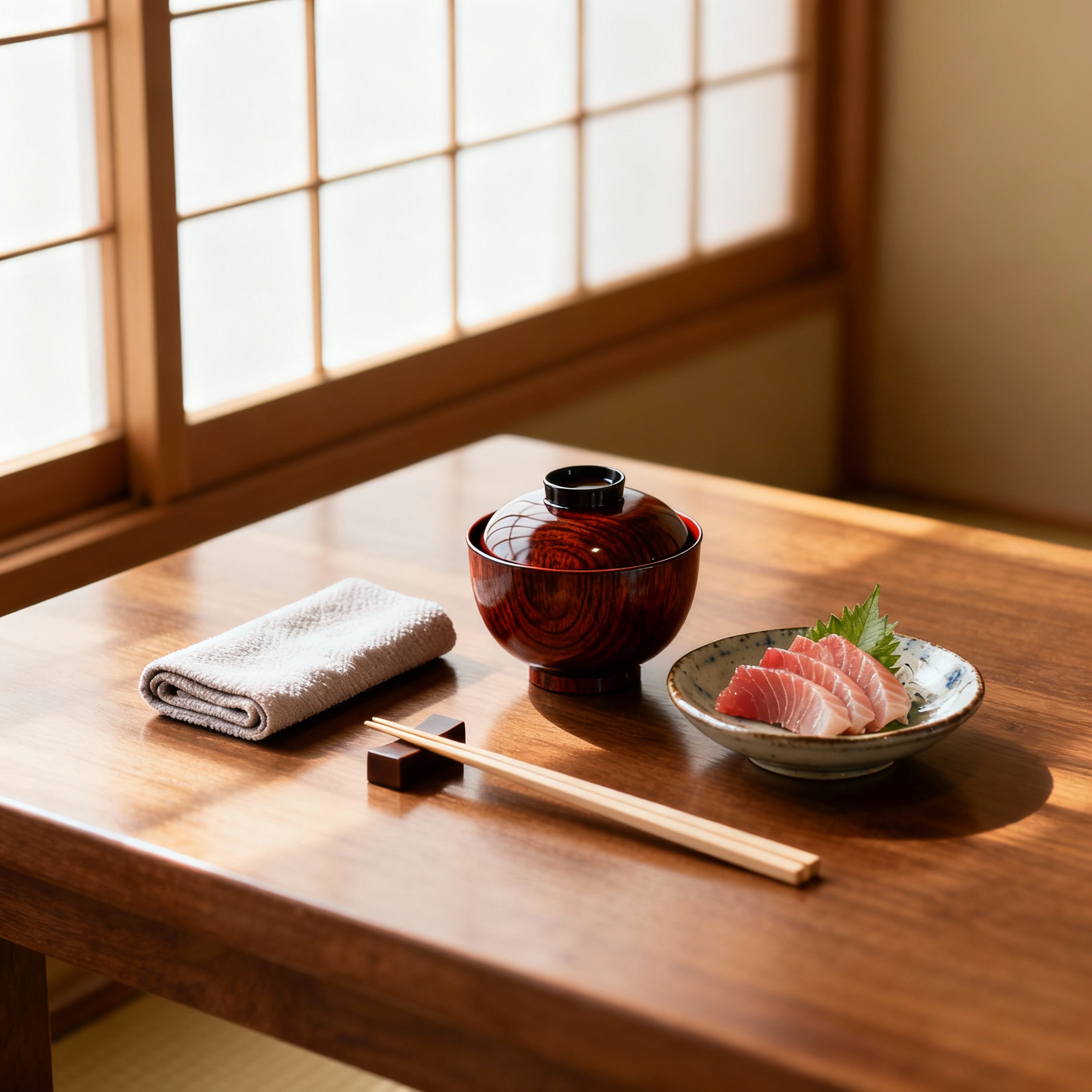Visiting Japan is a wonderful experience, full of unique culture, food, and traditions. But understanding and respecting Japanese manners is key to fully enjoying your trip and building good relationships. Manners are not just formalities—they help avoid misunderstandings, show respect, and create harmony. In fact, mastering Japanese etiquette can even benefit your career by demonstrating cultural awareness and professionalism, especially if you work with or in Japan. When you return home, showing this knowledge can lead to better job opportunities and higher income. While traveling, following local customs prevents conflicts and allows you to connect respectfully with locals.
- Top Manners for Tourists: Quick Tips for a Smooth Visit
- Travel Checklist: What to Bring for Your Japan Trip
- Business Manners: What Foreign Visitors Should Know
- Example 1: Proper Bowing
- Example 2: Business Card Exchange
- Why Some Foreign Visitors Become the Focus of Criticism
- The Benefit of Understanding Japanese Manners
- Need Help with Japanese Manners During Your Visit?
Top Manners for Tourists: Quick Tips for a Smooth Visit
- Bow lightly to show thanks or greet. Don’t bow too deeply.
- Remove your shoes at designated spots, especially in homes and traditional places.
- Use chopsticks properly: never stick them upright in food or pass food directly chopstick-to-chopstick.
- Eat quietly; slurping soup moderately is okay, but avoid loud noises.
- In restaurants and social gatherings, it’s common for others to pour your drink. Accept politely without pressure.
- Keep your voice down in public and never cut in line—respect those around you.
Travel Checklist: What to Bring for Your Japan Trip
- Portable tissues (many restrooms don’t provide paper)
- Small towel or handkerchief for hand drying
- Cash (cards not accepted everywhere)
- Power adapter for your electronics
- Face masks (still common in crowded places)
- Comfortable shoes (you will often remove them indoors)
Business Manners: What Foreign Visitors Should Know
Japanese business culture values respect, humility, and harmony. Avoid common mistakes by following these guidelines.
Example 1: Proper Bowing
Bowing is a key greeting and sign of respect. Depth and timing vary by situation, so observe others and follow their lead. Avoid long eye contact during bows, which can be seen as confrontational.
Example 2: Business Card Exchange
Exchange business cards (meishi) with both hands. Take a moment to read the received card and never stuff it away quickly. This shows respect for the person and their company.
Additional tips:
- Arrive 10 minutes early—punctuality is crucial.
- Use honorifics—never call someone by just their first name without a title.
- Be indirect and polite when refusing requests.
- Avoid large gestures or unnecessary physical contact.
- Don’t discuss politics, religion, or sensitive historical topics.
Why Some Foreign Visitors Become the Focus of Criticism
Unfortunately, some foreigners who ignore or don’t understand Japanese etiquette cause frustration. This leads to social media backlash and negative stereotypes, sometimes unfairly extending to entire nationalities or ethnic groups. Commonly seen issues include:
- Taking photos or videos in no-photography zones, blocking walkways.
- Chasing or touching cultural figures like maiko (apprentice geisha), damaging priceless traditions.
- Loud phone calls or group chatter in quiet trains and public places.
- Drinking and eating loudly or messily in public, even sitting on sidewalks in busy areas.
- Improper trash disposal due to unclear local rules.
- Gestures like pointing with the back of the hand, which Japanese find rude.
- Spitting at shrines or temples, touching or sitting on sacred objects, which is disrespectful.
- Not lining up properly but cutting queues—patience and order are highly valued in Japan.
- Harassing or teasing wild animals such as the famous deer in Nara is unacceptable.
- Being noisy or disruptive on trains; hanging onto train straps or dancing is inappropriate.
- At all-you-can-eat restaurants, wasting food by taking more than you can eat is frowned upon.
- Taking excessive toiletries from hotels or ryokans beyond normal use is discouraged.
- Bringing outside food or drinks into establishments where it is prohibited damages hospitality etiquette.
- Garbage should generally be taken home; littering is taken very seriously in Japan.
Japanese people highly value harmony (wa) and social order, so acts that disrupt peaceful public spaces or show disrespect to cultural or natural sites are especially hurtful. While many mistakes come from cultural misunderstandings, repeated or blatant disregard for rules causes resentment and damages the reputation of all foreign visitors.ate because many are sincere travelers wishing to respect Japanese culture.
The Benefit of Understanding Japanese Manners
Taking time to learn and respect Japanese manners helps you:
- Avoid conflicts and misunderstandings during your stay.
- Build warm, positive interactions with locals and business partners.
- Enhance your reputation as a globally aware, respectful person.
- In professional settings, cultural knowledge may open career opportunities and lead to income growth.
- Return home with a broader worldview and valuable interpersonal skills.
Mastering Japan’s etiquette is not about perfection but showing genuine respect and sensitivity. This creates meaningful connections and makes your Japan experience richer and more enjoyable.
Need Help with Japanese Manners During Your Visit?
If you ever feel unsure about Japanese etiquette or manners while visiting, please feel free to contact me anytime. I’m happy to help you understand and enjoy your stay more comfortably.
Also, keep in mind that Japanese people are generally very polite and helpful. If you have questions, don’t hesitate to ask a nearby Japanese person. Most will gladly answer or guide you—it’s part of their culture to help visitors.
For official advice or urgent support, you can also contact the Japan Visitor Hotline operated by the Japan National Tourism Organization (JNTO):
Phone: 050-3816-2787
Available 24/7 in English, Chinese, Korean, and Japanese
Enjoy your trip with confidence knowing there are many here to support you!



コメント